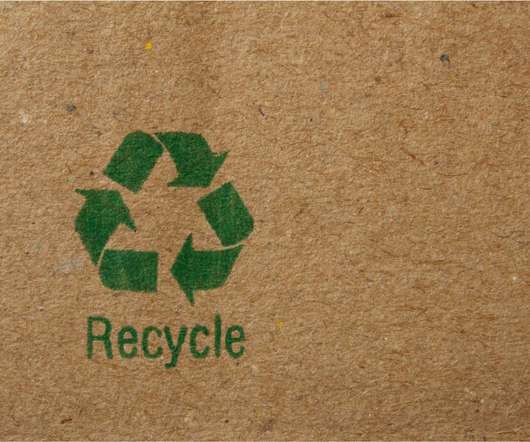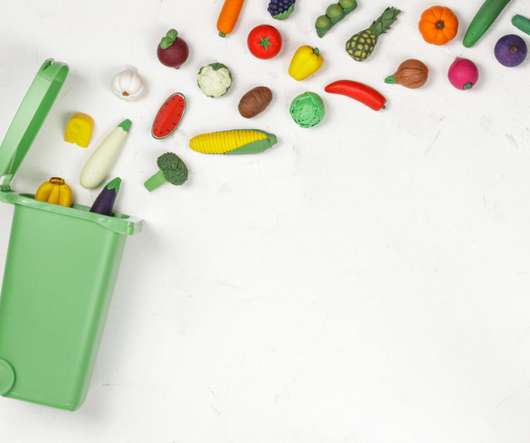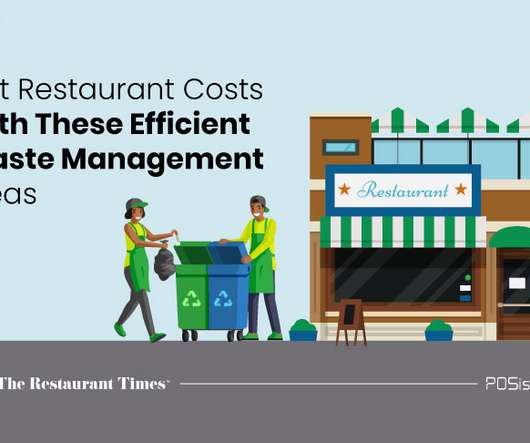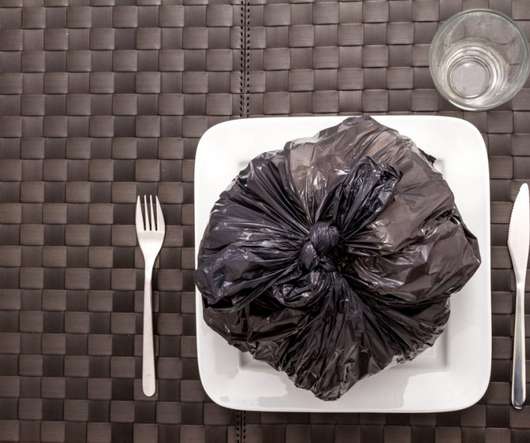Restaurants Save Money with the Right Recycling Practices
Modern Restaurant Management
SEPTEMBER 16, 2020
In 2018, when China stopped accepting plastics and recycling from the US, waste management professionals wondered whether the recycling industry could survive the loss of a major market for America’s commodity scrap. While recycling costs have undeniably increased, demand for high quality recyclables is still growing.
















Let's personalize your content